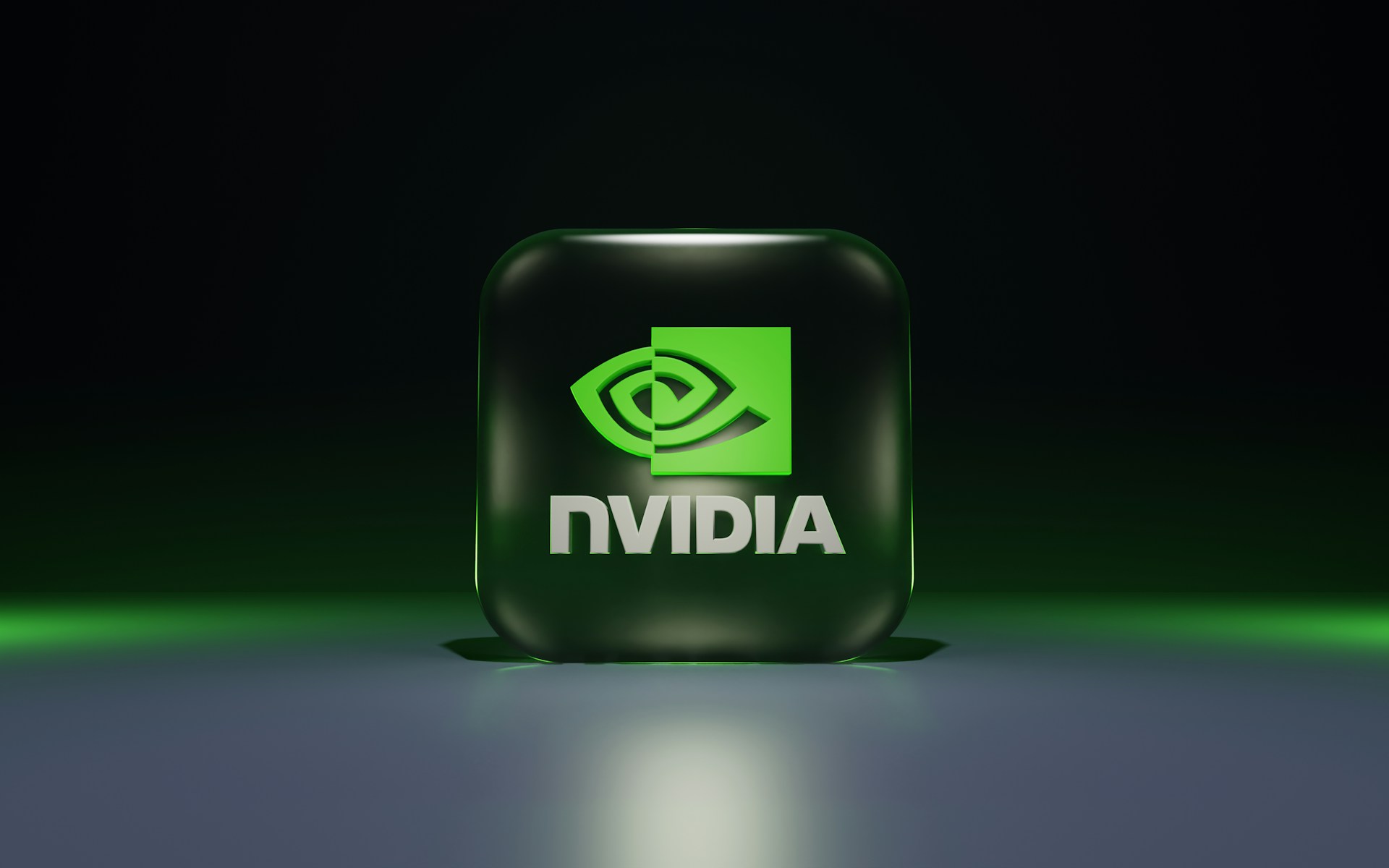The global financial markets are on edge this week, bracing for a convergence of high-stakes corporate earnings, escalating political drama in Washington, and aggressive new trade policies that threaten to inject fresh volatility into an already uncertain landscape. While Wall Street saw modest gains overnight, Asian markets faltered amid growing concerns over the independence of the U.S. Federal Reserve.
High-Stakes Earnings Report from Nvidia
All eyes are on Nvidia, which is set to announce its second-quarter earnings on Wednesday. The stakes could not be higher, as the chipmaker’s performance is seen as a bellwether for the entire AI sector. According to options market data, traders are pricing in a potential 6% stock price swing in either direction following the announcement. Based on Nvidia’s current market capitalization of approximately $4.4 trillion, this translates to a potential fluctuation of as much as $260 billion.
Investor focus is intensely fixed on two key areas: the company’s sales forecast for China and the details of its recent, highly unusual agreement with the U.S. government. Under the deal, Nvidia will pay 15% of its revenue from its lower-performance H20 chips—designed specifically for the Chinese market—in exchange for a license to resell them in the country.
Chris Murphy, co-head of derivative strategy at Susquehanna Financial Group, noted that the ripple effects from Nvidia’s report could be more significant than the movement of its own stock. “While highly valued speculative AI stocks have recently seen a downturn, Nvidia has rebounded to just below its all-time high,” Murphy explained. He added that a strong report from Nvidia could “provide renewed support for the more speculative, hard-hit names in the AI space.”
Political Turmoil and Fed Independence Under Fire
Adding to the market’s anxiety is an unprecedented political clash in Washington. President Trump has formally notified Federal Reserve Governor Lisa Cook of her dismissal, a move she has vowed to fight in court. The conflict has ignited a firestorm over the independence of the central bank, an event unseen in the Fed’s history. This turmoil has created significant uncertainty around future monetary policy, with fears that the administration could gain majority influence over the Fed’s board and its interest rate decisions.
The news sent ripples across global markets. While U.S. indexes posted slight gains, with Nvidia, Broadcom, and Tesla all rising over 1%, Asian markets reacted negatively. Tokyo’s Nikkei 225 index dropped nearly 1% on concerns over the Fed’s autonomy. The controversy is raising fears of politically motivated policy shifts that could undermine the Fed’s credibility and rattle investor confidence.
Aggressive Trade and Industrial Policies Unveiled
Meanwhile, the Trump administration is flexing its muscles on the trade and industrial fronts. On Wednesday, a retaliatory 50% tariff on a range of Indian products officially took effect. The move is widely seen as a direct shot at India’s continued oil trade with Russia, escalating trade tensions between the two nations. While India’s domestically focused economy may cushion some of the blow, the steep tariffs—the highest in U.S.-Asia trade—are expected to harm the competitiveness of Indian goods.
This aggressive trade stance is coupled with a new industrial strategy. Following its acquisition of a 10% stake in Intel, the administration is now reportedly exploring taking equity stakes in major defense contractors like Lockheed Martin. This signals a broader policy of intertwining economic and national security interests by increasing government involvement in strategic industries, a trend that is making investors in the defense sector increasingly wary of political risk.
Economic Outlook and Lingering AI Bubble Fears
Amid the political and corporate drama, traders are also watching key economic data. The probability of a September interest rate cut has dipped from 90% to the low 80s, according to the CME FedWatch Tool, as markets digest mixed signals from Fed Chair Jerome Powell’s recent Jackson Hole speech. The upcoming Personal Consumption Expenditures (PCE) price index, a key inflation gauge for the Fed, is now the market’s most anticipated data point, expected to heavily influence the next rate decision.
This backdrop of uncertainty has reignited the “AI bubble” debate. Although major tech firms are posting solid profits, concerns about slowing growth are mounting. Despite this, retail investors continue to pour money into high-valuation AI stocks. The upcoming Nvidia report is seen as a critical test: a strong performance could validate the ongoing AI investment boom, but any sign of weakness could trigger a sharp and painful correction across the tech sector.


